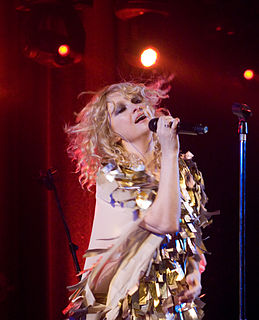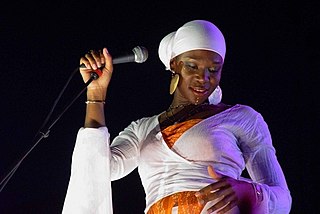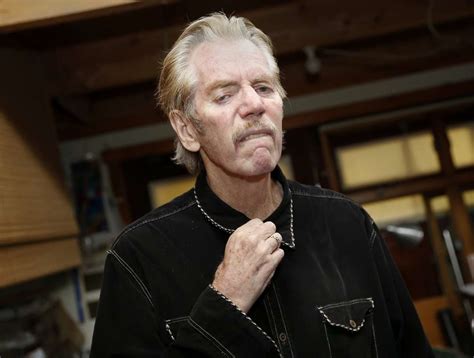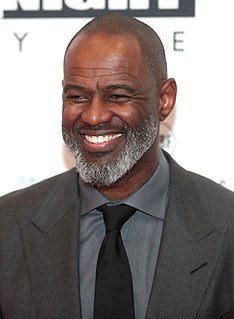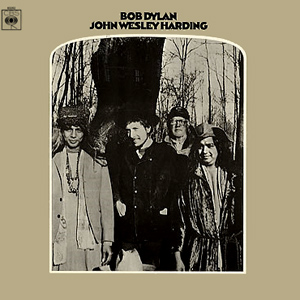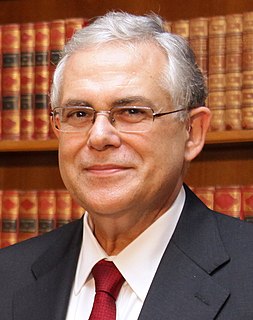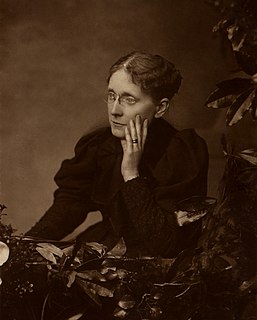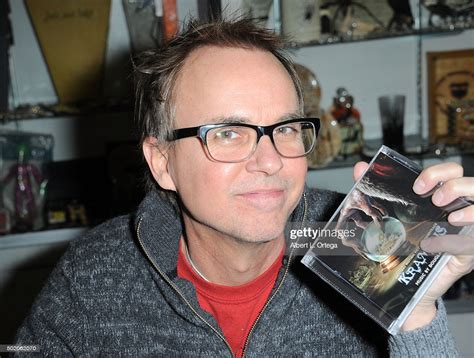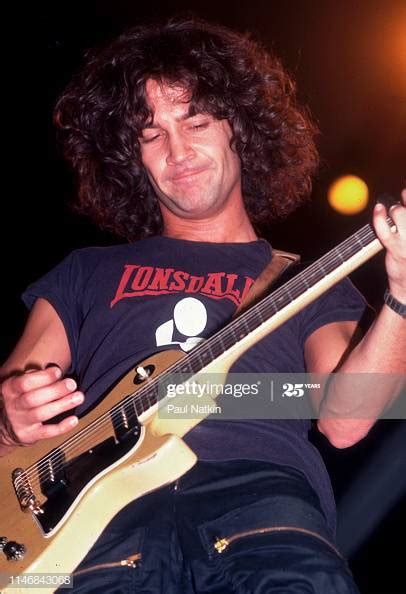A Quote by Alison Goldfrapp
Saying that you've got acoustic instruments and that's traditional and so people will think it's more intimate, that will always be the case. It's a more intimate sound, so it's going to sound more direct whatever you're singing about.
Related Quotes
I do experiment with lots of different genres. In making music, I don't think of genre like, "I want to do this, because I'm going use that country music sound; I'm going use that hip-hop sound; I'm going use that acoustic [sound]." It's just making music. So now that I've traveled a lot more since I did Acoustic Soul, I'm sure that different sounds will come into place, because I have been exposed to it and I like it. But it's not so much of a conscience effort. It's mind and spirited. You know, we're humans.
I imagine that as contemporary music goes on changing in the way that I'm changing it what will be done is to more and more completely liberate sounds from abstract ideas about them and more and more exactly to let them be physically uniquely themselves. This means for me: knowing more and more not what I think a sound is but what it actually is in all of its acoustical details and then letting this sound exist, itself, changing in a changing sonorous environment.
When I do a record, it sounds more punk and raw. Or it will sound louder, or it will sound more shocking. Or mind-boggling. I'll be trying to figure it out, but once I've got it figured out I'll be like, I know this; I know where this came from. I think art is most interesting when the intention is not clear.
Hollywood films are alienating to the spectator because they use too much dialogue, too much explication and leave no space for the viewer. They depress me. I use direct sound, mono not stereo. Just direct sound, so for every shot there are only two sources. Sound creates an intimate effect: the sensation to feel the place. It makes the viewer enter. You have the liberty to hear what you want.
An acoustic ecologist is a listener who is aware that sound is information. It's information because it's created by events, events produce sound, and that sound has all kinds of data, if you will, that conveys what event occurred, what the materials were, whether it was sudden, slow, loud, in what direction. And because it is information, we can think of it as a message. The acoustic ecologist studies information systems that are both intentional and sometimes wild.
When we sit in meditation and hear a sound, we think, 'Oh, that sound's bothering me.' If we see it like this, we suffer. But if we investigate a little deeper, we see that the sound is simply sound. If we understand like this, then there's nothing more to it. We leave it be. The sound is just sound, why should you go and grab it? You see that actually it was you who went out and disturbed the sound.
Wanted: More Praise I cannot help believing that the world will be a better and a happier place when people are praised more and blamed less; when we utter in their hearing the good we think and also gently intimate the criticisms we hope may be of service. For the world grows smaller every day. It will be but a family circle after a while.
I use all types of instruments, really depending on the film. Instrument choices are very much tied to lighting, colors, art direction, as well as the narrative elements. I have a great collection of vintage synths, and of course I do like to write for acoustic instruments. I find the depth and intricacy of sound and emotion you can get with acoustic ensembles extremely versatile and effective in the overall sound environment. Also, the human aspect of performance is such an important part of the music score to character connection.
